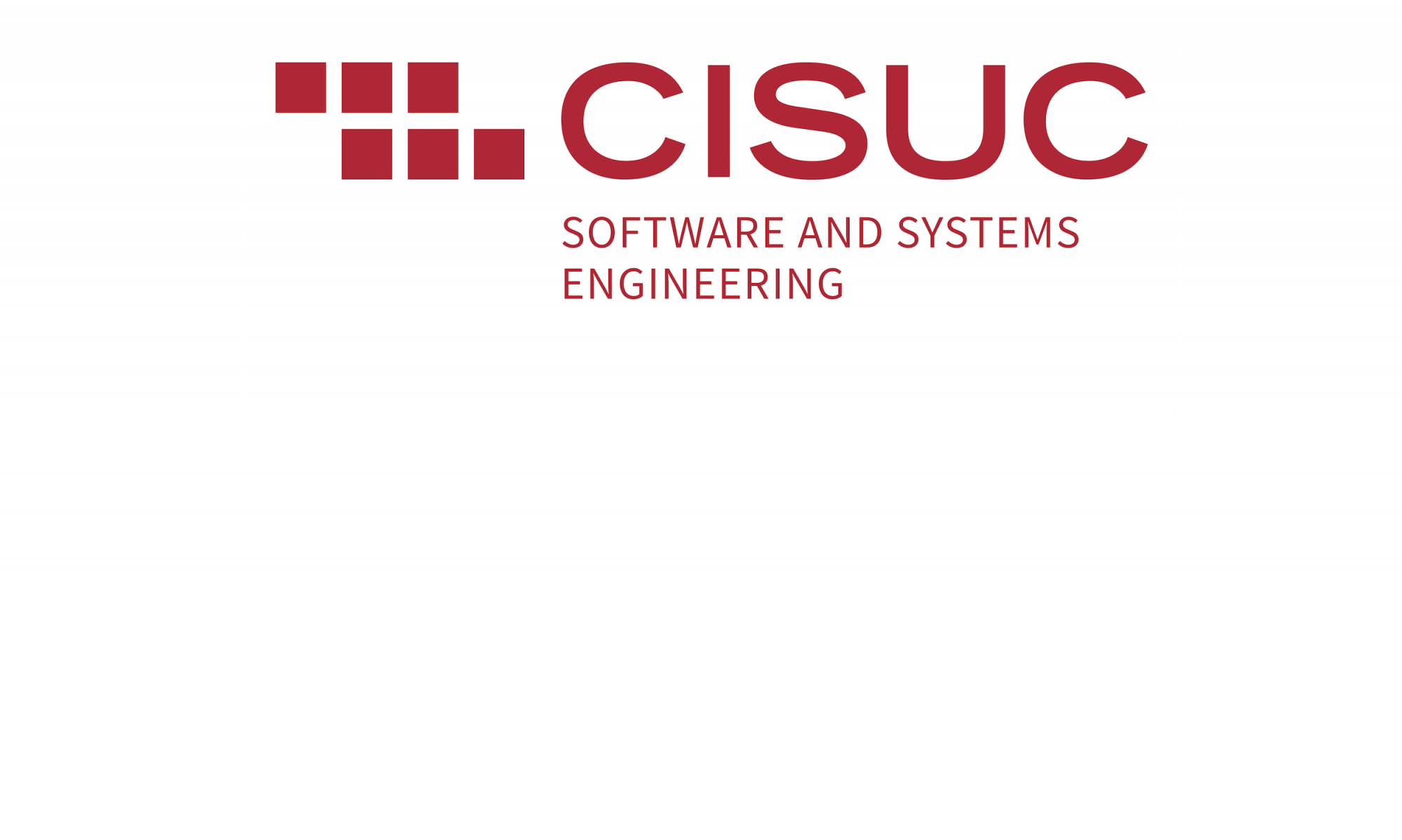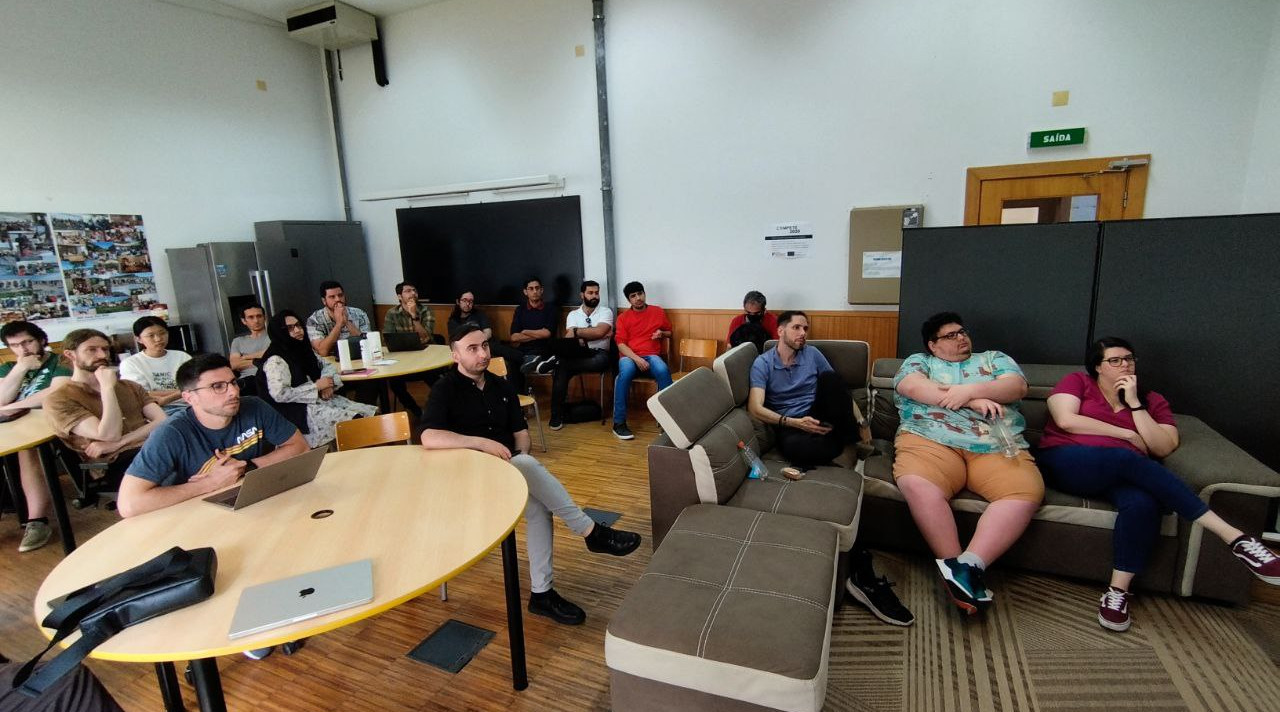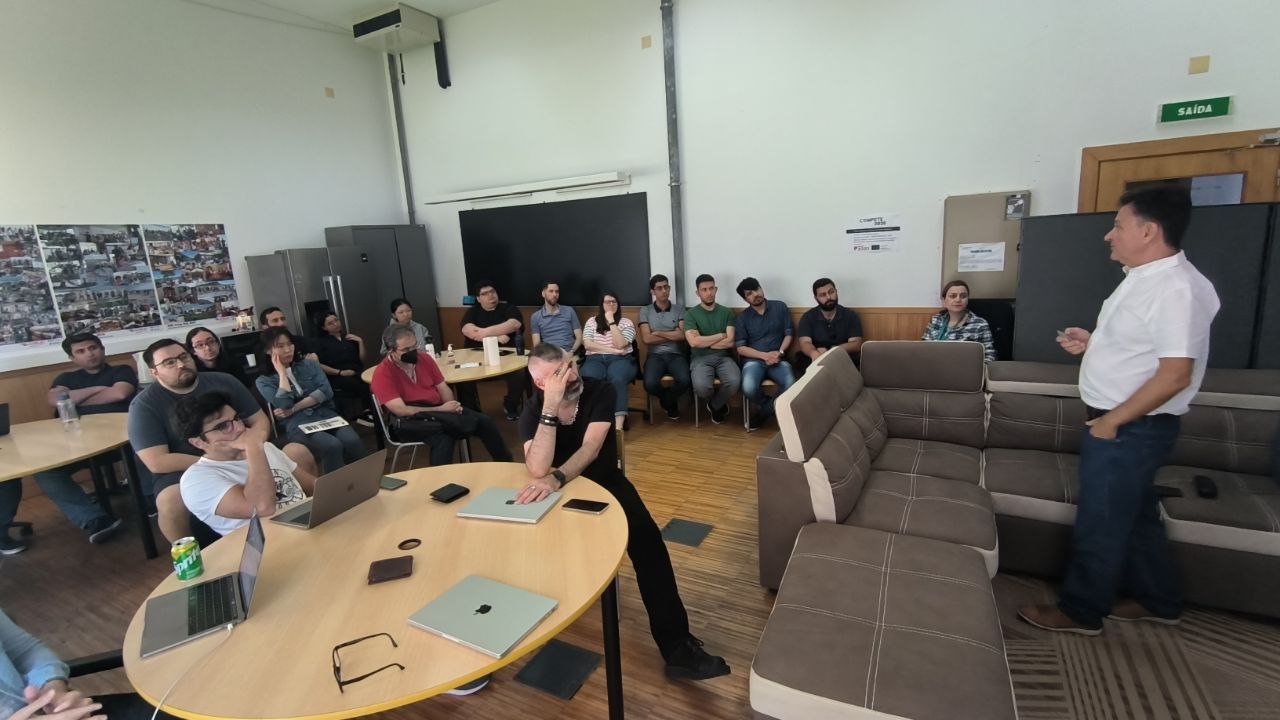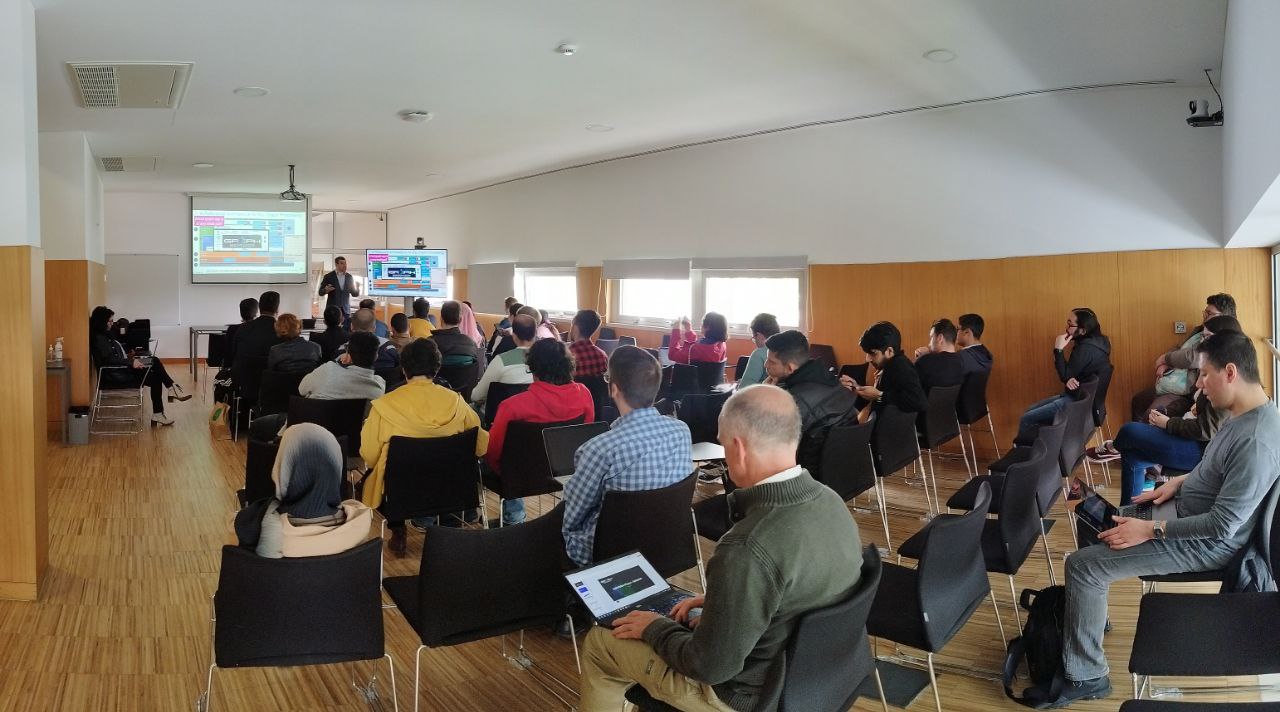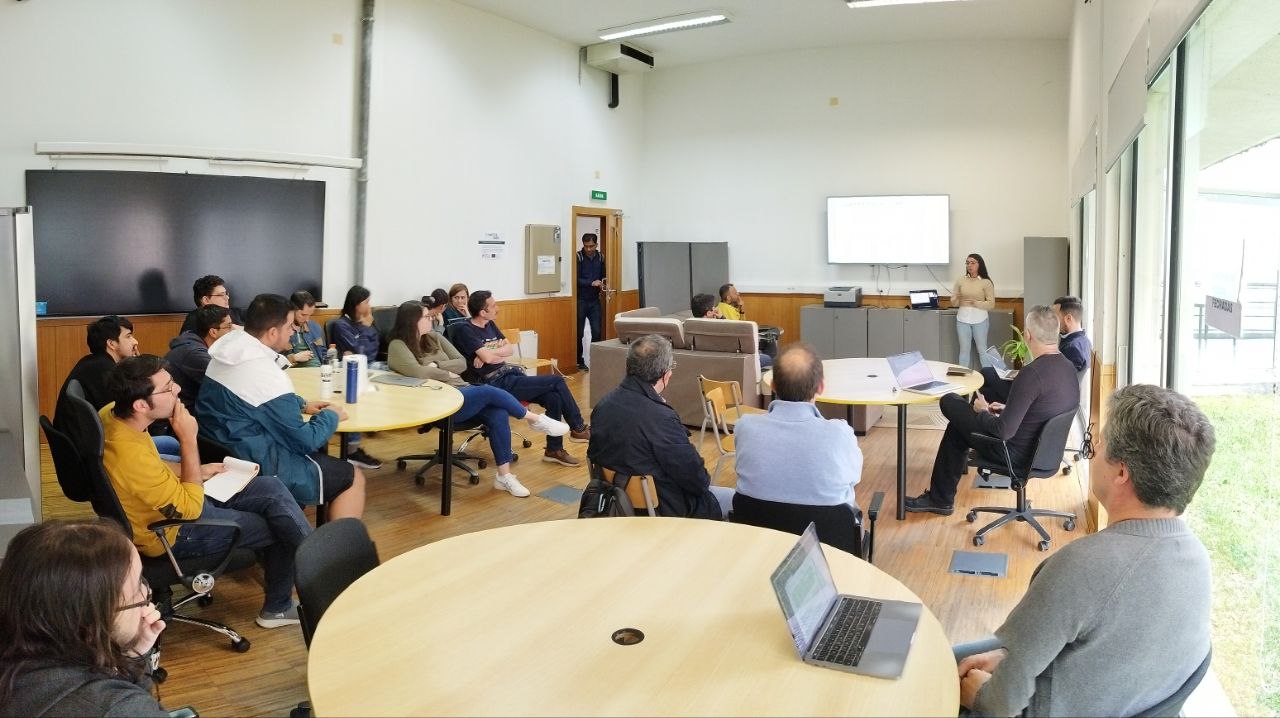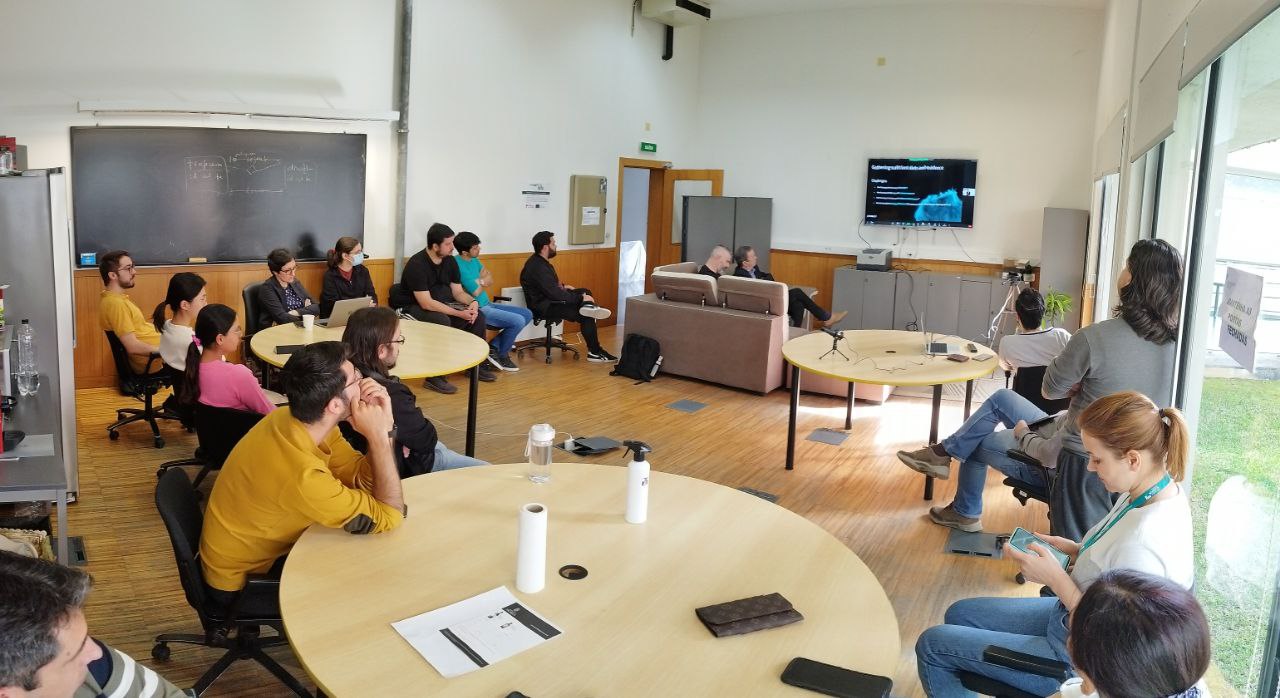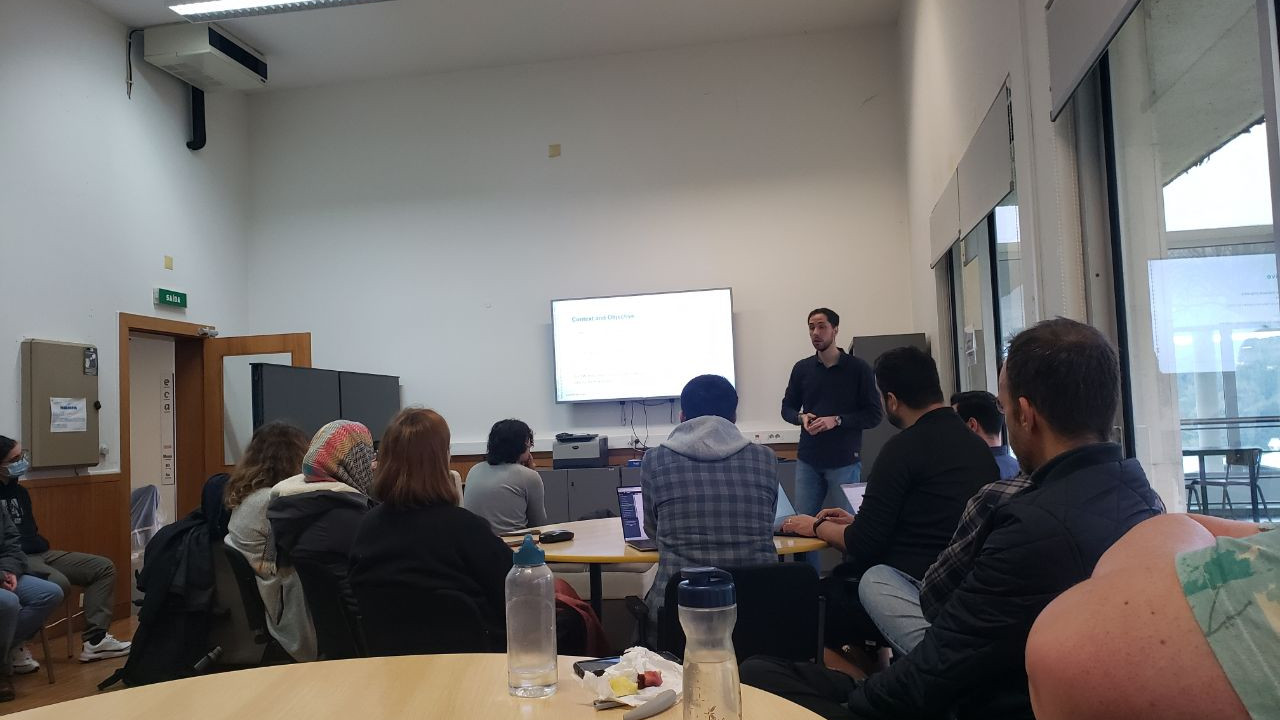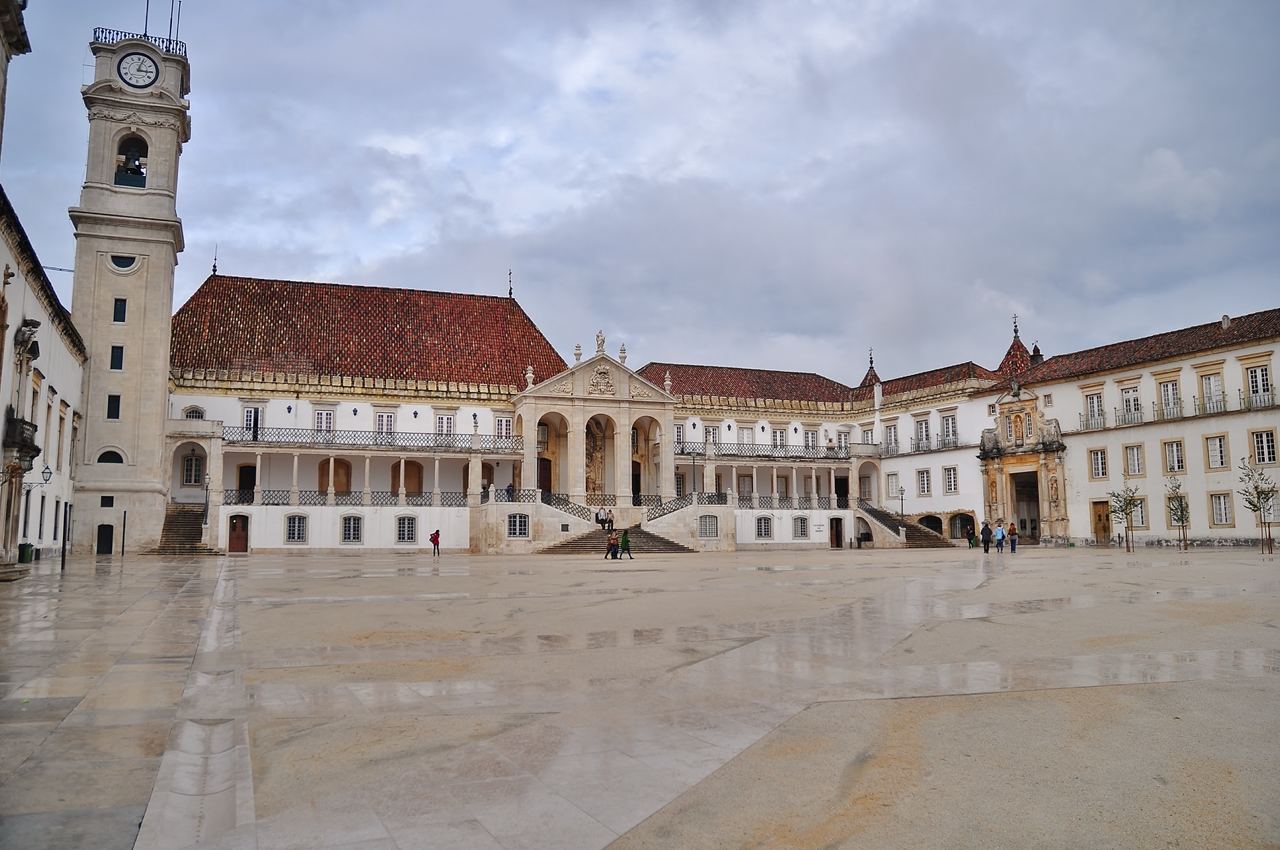12th of March at 16h00, Anamta Khan and Jessica Castro will give two short presentations, to promote discussion on two relevant ongoing or disruptive topics. Afterwards, there will be a social gathering where everyone can talk freely on whatever subjects they like.
Location: G4.1
Anamta Khan – “A Machine Learning driven Fault Tolerance Mechanism for UAVs’ Flight Controller”
Bio
Anamta Khan is a PhD student in the SSE group at DEI. She obtained her Master’s and Bachelor’s degrees in Computer Science from the Institute of Business Administration (IBA) in Karachi. Her research focus since 2021 has been on creating a safer airspace with maximum and efficient utilization of drones. She utilizes fault injection in a simulation-based environment to identify vulnerabilities and their impact, and then uses machine learning-based techniques to address them.
Abstract
Unmanned Aerial Vehicles (UAVs), similar to other robotic systems, are susceptible to various hazards (e.g., software or hardware failures or security attacks) that may hinder mission completion and compromise safety by violating the separation minima (i.e., the minimum distance that must be maintained between UAVs in order to ensure safe and efficient operations). To address this issue, this paper proposes a new machine learning-based fault-tolerant mechanism for UAV flight controllers that tolerates GPS-related hazards and improves safety. Machine learning models were built using 884,410 data records from 1,985 flight logs collected from the PX4 public repository. The trained models are used to predict the expected position of the UAV during a mission, and separation minima are used as a threshold to detect the GPS hazards by comparing it with the distance between two consecutive position values. When a hazard is detected (i.e., the distance is higher than separation minima), the predicted values by machine learning models are fed into the position estimator (i.e., EKF) of the flight controller. To evaluate the effectiveness of this approach, validation experiments were conducted on several realistically defined missions while being exposed to different types of failure conditions (e.g., Noise and GPS failure), both with and without using the proposed fault-tolerant mechanism. The results show a remarkable reduction in the safety violations from 94 to 1 (violation of the separation minima counts), indicating a significant improvement in safety. Additionally, the proposed mechanism demonstrated a notable improvement in the distance covered and duration of the flight mission in failure conditions, demonstrating its ability to mitigate faults effectively. These findings support the effectiveness of the proposed fault tolerance mechanism in enhancing UAV mission performance by improving safety and tolerating issues caused by GPS.
Jessica Castro – “Attack Detection in Microservice Applications”
Bio
Jessica Castro is a PhD candidate in Informatics Engineering at the University of Coimbra, Portugal. She received a BSc. in Computer Science and an MSc in Informatics from Universidade Federal da Paraíba, Brazil. Her research interests include attack detection, microservices/containerised applications, and self-adaptive systems.
Abstract
A microservices-based architecture decreases the complexity of developing new systems, making them highly scalable and manageable. However, its distributed nature, the high granularity of services, and the large attack surface increase the challenge of securing those systems. We will present the challenges of monitoring and identifying attacks in microservice applications at runtime and how we aim to use logic scoring of preference to calculate scores that allow identifying possible attacks.
